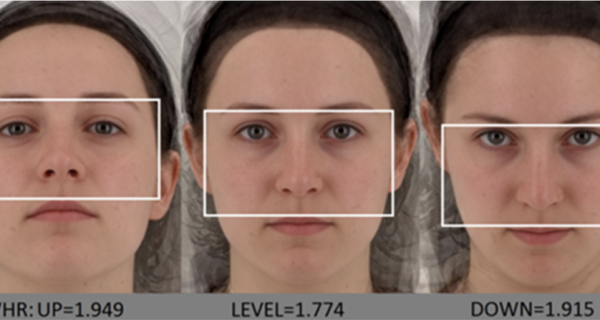Reading for pleasure can strengthen memory in older adults
Researchers at the Beckman Institute along with the Champaign Public Library, investigated the potential benefits of reading in improving memory. They found that regular, engaged leisure reading can strengthen memory skills in older adults.

In a new study led by researchers at Beckman Institute, adults between 60–79 years of age were randomly assigned to an 8-week program of leisure reading or to an active puzzle control. Relative to the control, the experimental group showed improvement in verbal working memory and episodic memory. The experimental group also showed evidence of improved conceptual integration in sentence processing. These findings support the idea that the exercise of cognitive capacities in the context of everyday life may offset age-related impairment in areas of cognition engaged by the activity, regardless of dispositional fit.
Reading has long been recognized as a highly active form of mental engagement. However, literacy practices have been largely neglected in the quest for cognitive enrichment to promote late-life cognitive health.
The research at hand suggests that reading, an accessible and cost-effective form of activity engagement, (a) can produce a highly active mental state so as to exercise a broad array of cognitive and neural processes which are among the most vulnerable with aging, and (b) may be self-perpetuating in increasing the efficiency of lexical processing – the reader’s mental operation in obtaining the meanings of individual words – further sustaining literacy engagement.
As the authors conclude, evidence was found that sustained engagement with fiction over an 8-week period impacted reading processes, as well as working memory and episodic memory, areas of cognition that are among the most vulnerable with aging.
The datasets presented in this study can be found in online repositories. The names of the repositories and accession number(s) can be found here: https://osf.io/e4mxv/.













